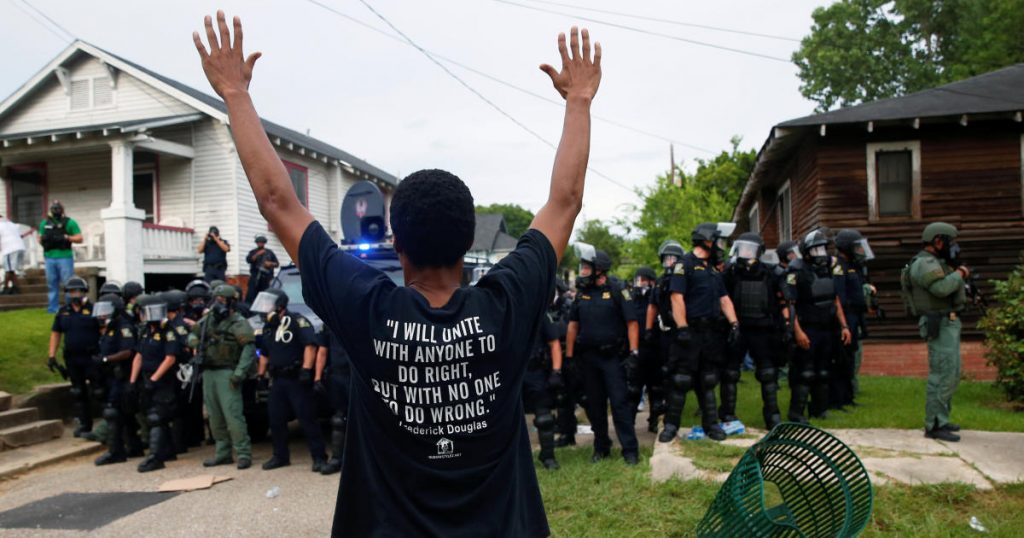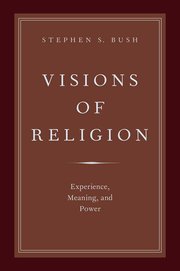
I watched the new Rachel McAdams and Will Ferrell movie on Netflix this weekend, Eurovision Song Contest: The Story of Fire Saga. And then I saw some comments on social media and even online reviews about how unfunny it was. They struck me as entirely missing the point, since I didn’t view it as a comedy. Instead, it struck me as a light-hearted but loving embrace of the 64 year old cultural phenomenon that Eurovision has become. And so, without an understanding of that history, of what the song contest was established to help accomplish, and how it has or has not actually accomplish those goals, sure, the uninitiated viewer may feel a little lost, much like someone utterly unfamiliar with NASCAR (yes, they do exist out there) trying to make sense of why Ferrell’s 2006 Talladega Nights: The Ballad of Ricky Bobby struck others as so hilarious. Continue reading “Hitting the Mark”




 Earlier this week Stephen S. Bush
Earlier this week Stephen S. Bush 

 The meaning of words, even entire texts, reflect our expectations of them and our assumptions of their context. This point is apparent in the Argentine soccer ad that uses quotes from Donald Trump to hype the national team’s trip to the United States. If you missed this brilliant appropriation, take a look below.
The meaning of words, even entire texts, reflect our expectations of them and our assumptions of their context. This point is apparent in the Argentine soccer ad that uses quotes from Donald Trump to hype the national team’s trip to the United States. If you missed this brilliant appropriation, take a look below. Are the accusations of
Are the accusations of